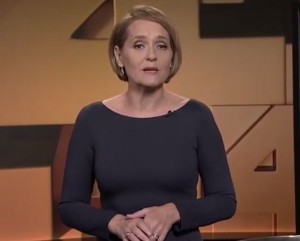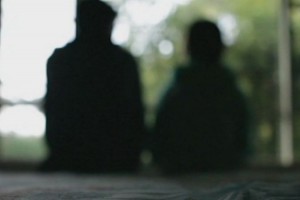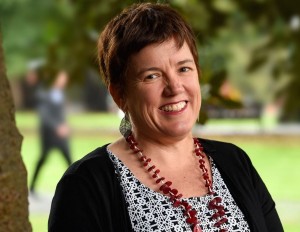Investigation into autism group home: Amaze responds to shock findings
Posted on
Victoria’s ombudsman has found that a teenager who allegedly sexually assaulted a housemate several times in a disability group home posed a threat to residents for months because of authorities’ “shocking” failure to act.
An ABC news report by Yvette Gray and Loretta Florance draws on deliberations from Ombudsman Deborah Glass, who says the housemate, identified in her report as “Edward”, was involved in a series of alleged assaults, including punching and sexually assaulting another resident and throwing an iron at staff, in the group home from October 2014.
He went on to allegedly rape the housemate, identified as “Robert”, when he was trying to use the bathroom, and then threatened to kill him.
The report continues: During a subsequent investigation, Edward indicated he also could have sexually assaulted up to five other residents.
Ms Glass criticised both the Department of Health and Human Services (DHHS) and service provider Autism Plus for not intervening or removing the child from the home earlier.
“Residents at the group home were not protected from harm and Edward, a vulnerable child with complex needs, was not provided with alternative accommodation or intervention services when he needed them to ensure his best interests,” Ms Glass said in a statement.
“This case is especially shocking — not only because of the enduring impact of the trauma associated with sexual assault, or the acute vulnerability of those involved, but that this could still happen today despite the supports available to people with a disability.”
Ms Glass said despite concerns, Edward remained in the group home until April 2015.
DHHS ‘unreservedly apologise’
Autism Plus received more than $5 million in funding from the department in 2013-14, including more than $266,000 specifically for the care of Edward.
The ombudsman’s report detailed an extensive list of failures, which saw Edward under-supervised and unmonitored, despite his involvement in 30 incidents of alleged physical assaults, sexual assaults and property damage.
In a statement, a spokesperson for the DHHS said the department “unreservedly apologise to the families who have been impacted by the failures in this matter”.
The DHHS said work was already underway to address the recommendations in the report.
Earlier this year, the ABC’s Four Corners program detailed allegations Autism Plus ignored claims of sexual abuse, prompting the Victorian Government to launch an independent review.
Victorian Disability Minister Martin Foley said what was seen on Four Corners was “incredibly concerning” and showed his department needed to do more to ensure people with disabilities were not let down.
A spokesperson for acting disability minister Jill Hennessy said an independent review by KPMG had identified a number of issues with Autism Plus’s governance, management, oversight and training.
“The department has since placed a a number of conditions that it must meet in order to remain a registered service provider,” the spokesperson said in a statement.
“We will continue to ensure that Autism Plus provides quality care and support that meets the complex needs of clients now and into the future.”
It is understood that the department has placed no new clients with Autism Plus since April, a suspension that will continue until the provider meets the conditions set by the Government.
‘Humane society’ must do better
Ms Glass said in some cases, families of the affected people were first informed about the sexual assault allegations during the ombudsman’s investigation.
She said the report was yet another reminder that more needed to be done to protect vulnerable people in care.
“I have in previous reports expressed concerns about the safeguards available to people with disability, and that the extreme vulnerability of some people will not lessen with the introduction of the National Disability Insurance Scheme,” she said.
“Over 5,000 people with disability live in supported accommodation in Victoria; the department owes it to them, indeed to our need to be a humane society, to do better.”
Fiona Sharkie the chief executive of Amaze, said the case demonstrated the need for disability organisations to have more trained staff, and for the NDIS to provide adequate funding for people with high needs.
“It’s important that they [families] ask the questions and they also impress upon the NDIS … that adequate safeguards are in place by the service providers that are registered with the NDIS and that they are getting the funding they need to support the individual,” she said.
Fiona Sharkie and Professor Anne Kavanagh were interviewed by the ABC at the Amaze office.
Professor Kavanagh is a social epidemiologist who is well-known for her work on health inequalities.
She is Professor of Women’s Health and Head of the Gender and Women’s Health Unit in the Melbourne School of Population and Global Health.
She is Lead Investigator on the Centre of Research Excellence in Disability and Health (credh.org.au) and Director of the World Health Organization Collaborating Centre in Women’s Health. She is a member of the Victorian Disability Advisory Council.
Following is the transcript of Professor Kavanagh’s interview with the ABC.
Q: As a mother with an autistic son, when you heard about the report findings what was your initial reaction?
A: “One of concern. I think any mother’s worst fear is something happening to their own child and not knowing. And (a feeling) of anger, too, that this had been allowed to happen and nothing done about it much earlier”.
Q: How hard is it to find appropriate care for a child who has autism?
A: “Particularly for children who have more severe symptoms, it’s very difficult. Very few services actually provide good care. It requires high intensity support, and well trained staff and I really don’t think there are a lot of services that can supply that at the high level we need.
“I know of kids that services won’t work with because they don’t have the skilled staff, resources and finances to support them”.
Q: Are you worried that some of the issues identified in the report are widespread?
A: “It’s hard to know, but you do worry. I do worry it may even get worse. We need to look at providing a proper amount of care (to stop) these kinds of situations happening again”.
Q: Can you give some insight into caring for your son?
A: “My son is 14 and requires pretty much one-on-one support most of the time partly because he is not able to judge for himself situations of danger, for instance.
“He requires help with most of the things he does. Things are a lot better than they used to be partly because he’s had a lot of positive behaviour support over the past few years, which has shifted some of the more problematic behaviours and made it easier for him to be part of the family and community. That’s where good services come in.
“It’s a real worry (through the National Disability Insurance Scheme) that we’re not going to have a skilled workforce that can work with children with autism and other complex needs because the NDIS isn’t flexible enough and isn’t priced correctly to be able to do that. I hold great concern at the moment.
“To get quality care you need well trained staff and to retain those staff. And we need to be working with positive-type behavioural therapy. It can’t just be reactive all the time”.



